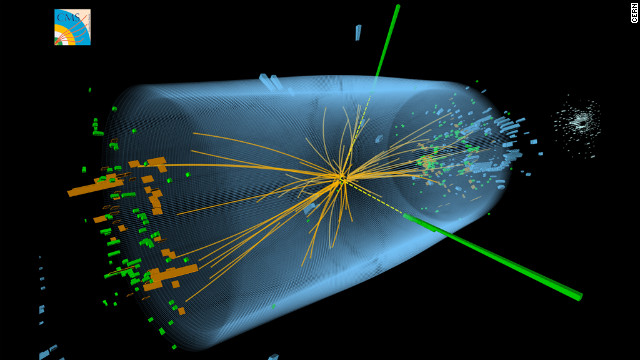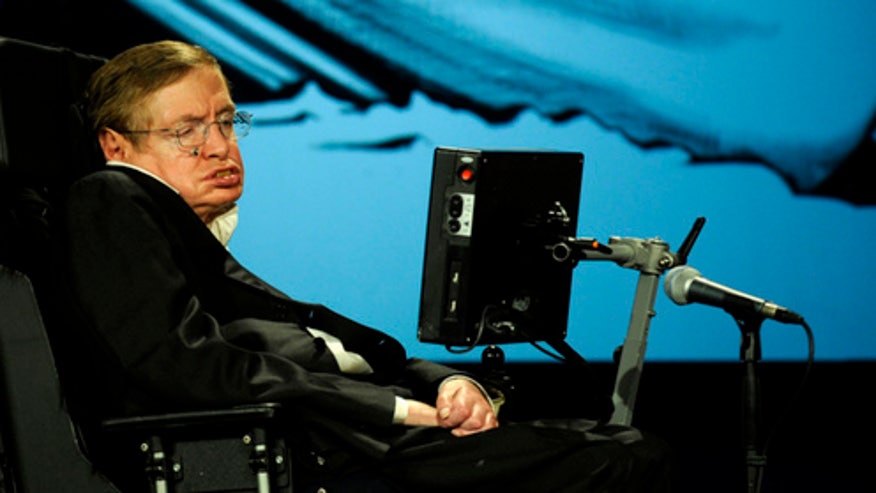
Concerns not meeting peer review[edit]
Otto Rössler, a German chemistry professor at the University of Tübingen, argues that micro black holes created in the LHC could grow exponentially.[78][79][80][81][82] On 4 July 2008, Rössler met with a CERN physicist, Rolf Landua, with whom he discussed his safety concerns.[83] Following the meeting, Landua asked another expert, Hermann Nicolai, Director of the Albert Einstein Institute, in Germany, to examine Rössler's arguments.[83] Nicolai reviewed Otto Rössler's research paper on the safety of the LHC[79] and issued a statement highlighting logical inconsistencies and physical misunderstandings in Rössler's arguments.[84] Nicolai concluded that "this text would not pass the referee process in a serious journal."[82][84] Domenico Giulini also commented with Hermann Nicolai on Otto Rössler's thesis, concluding that "his argument concerns only the General Theory of Relativity (GRT), and makes no logical connection to LHC physics; the argument is not valid; the argument is not self-consistent."[85] On 1 August 2008, a group of German physicists, the Committee for Elementary Particle Physics (KET),[86] published an open letter further dismissing Rössler's concerns and carrying assurances that the LHC is safe.[87][88] Otto Rössler was due to meet Swiss president Pascal Couchepin in August 2008 to discuss this concern,[89] but it was later reported that the meeting had been canceled as it was believed Rössler and his fellow opponents would have used the meeting for their own publicity.[90]
On 10 August 2008, Rainer Plaga, a German astrophysicist, posted a research paper on the arXiv Web archive concluding that LHC safety studies have not definitely ruled out the potential catastrophic threat from microscopic black holes, including the possible danger from Hawking radiation emitted by black holes.[1][91][92][93] In a follow-up paper posted on the arXiv on 29 August 2008, Steven Giddings and Michelangelo Mangano, the authors of the research paper "Astrophysical implications of hypothetical stable TeV-scale black holes",[94] responded to Plaga's concerns.[95] They pointed out what they see as a basic inconsistency in Plaga's calculation, and argued that their own conclusions on the safety of the collider, as referred to in the LHC safety assessment (LSAG) report,[3] remain robust.[95] Giddings and Mangano also referred to the research paper "Exclusion of black hole disaster scenarios at the LHC", which relies on a number of new arguments to conclude that there is no risk due to mini black holes at the LHC.[1][96] On 19 January 2009 Roberto Casadio, Sergio Fabi and Benjamin Harms posted on the arXiv a paper, later published on Physical Review D, ruling out the catastrophic growth of black holes in the scenario considered by Plaga.[97] In reaction to the criticisms, Plaga updated his paper on the arXiv on 26 September 2008 and again on 9 August 2009.[91] So far, Plaga's paper has not been published in a peer-reviewed journal.










 Reply With Quote
Reply With Quote




















 before too late lol
before too late lol 


Bookmarks